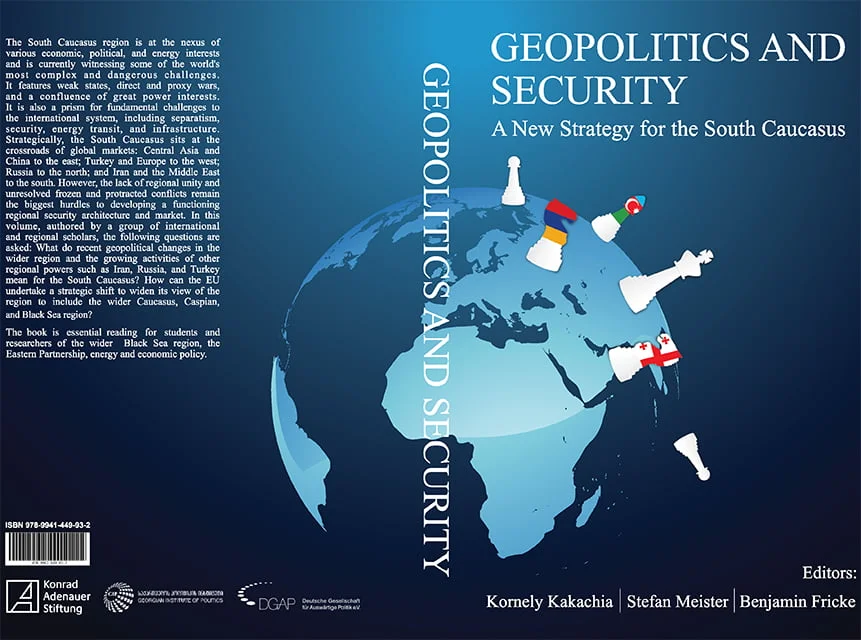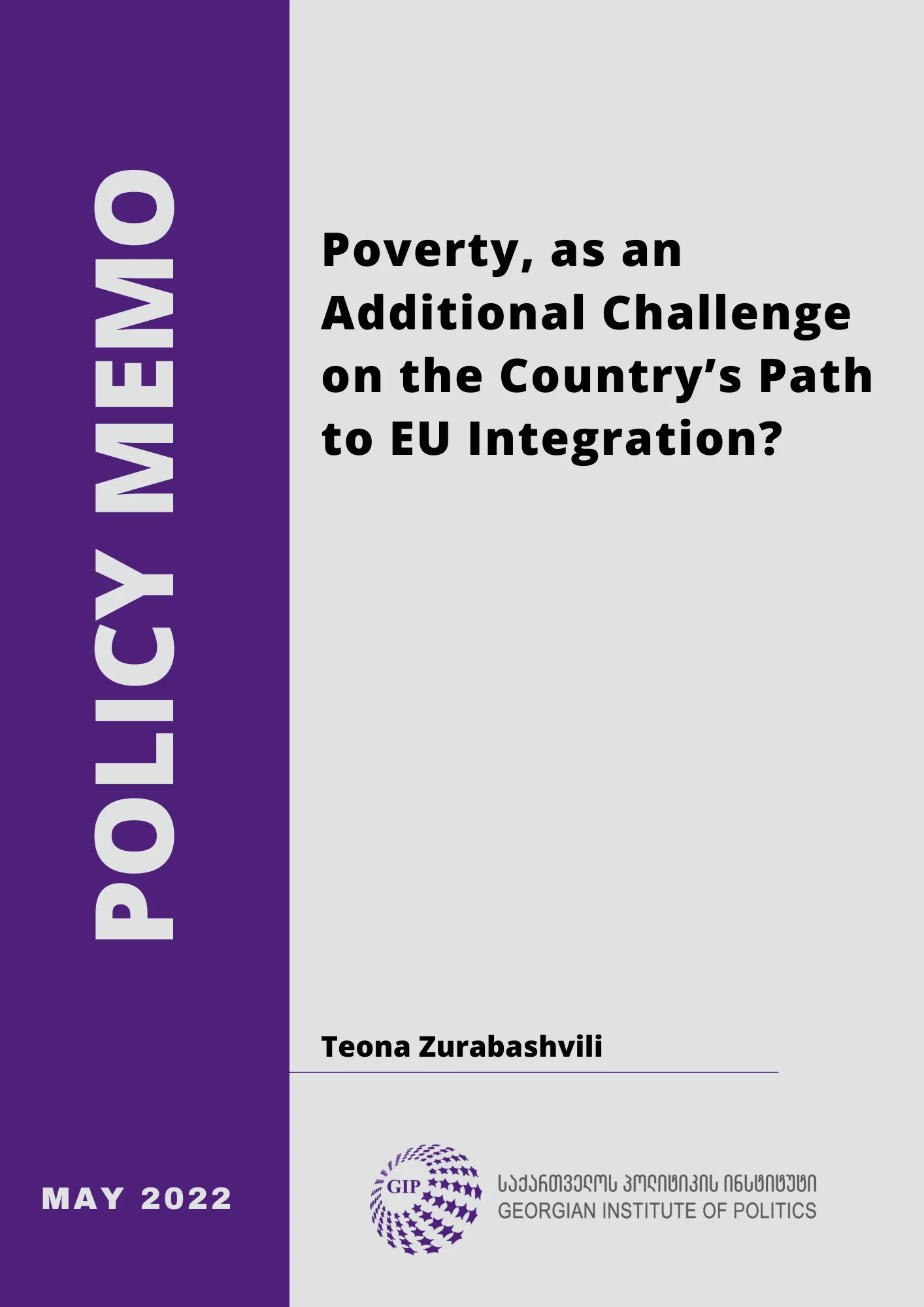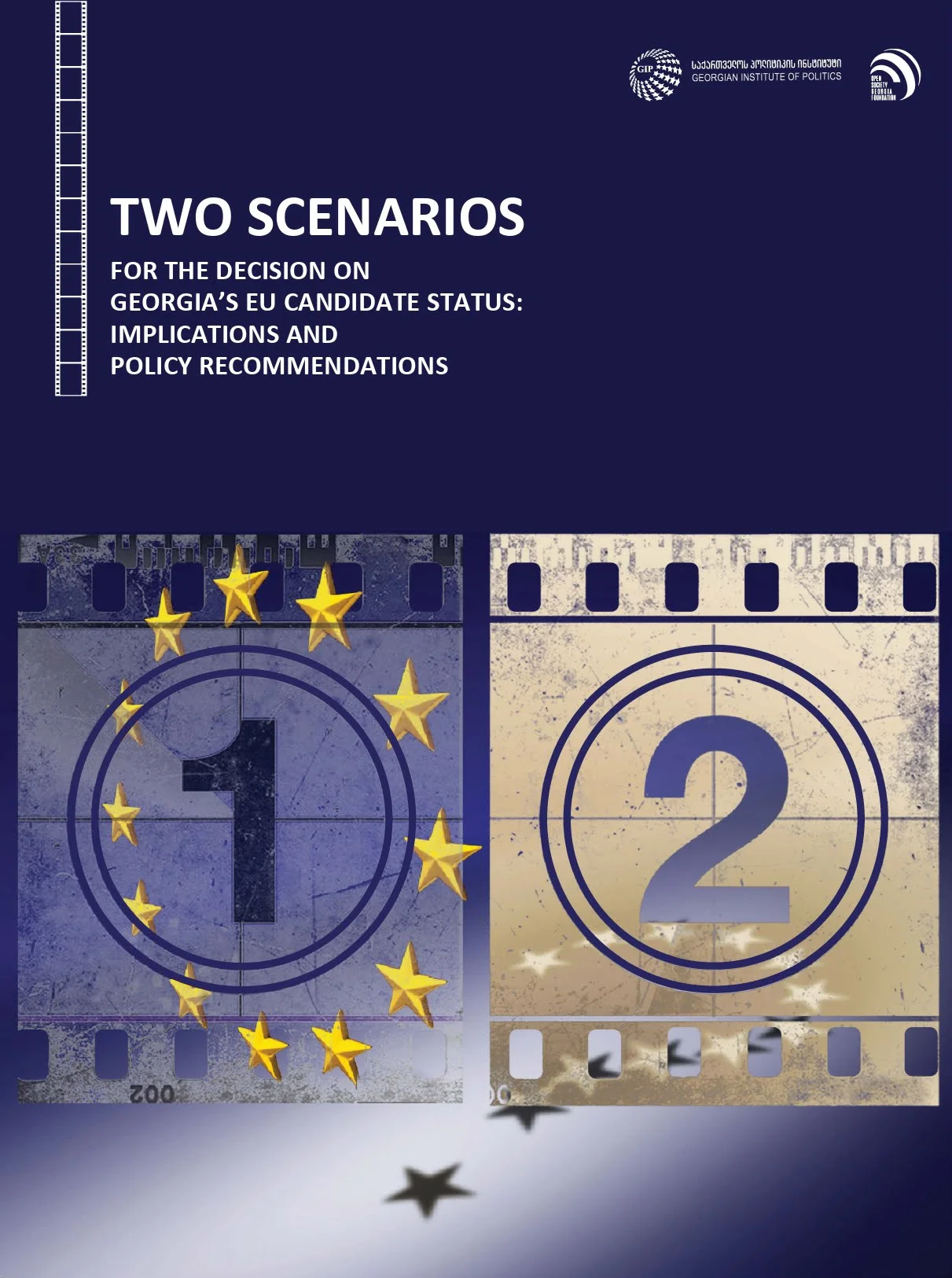2025-04-14 13:16:58
Georgia’s economic performance has come under growing strain in recent years, shaped by both internal political turbulence and mounting geopolitical tensions. The ongoing war in Ukraine and its wide-ranging regional repercussions have exacerbated existing vulnerabilities in Georgia’s economy. Domestically, the country is grappling with increasing political instability, marked by democratic backsliding, stalled European integration, and persistent public protests. These developments have significantly eroded investor confidence, prompted a decline in financial support from its allies, including the EU and other international partners, and injected a new level of uncertainty into the country’s economic outlook.
As a small and open economy, Georgia is particularly susceptible to external shocks, and the cumulative pressures of political and geopolitical instability are further exposing the fragility of its economy. The lack of a sustainable, forward-looking economic strategy, coupled with insufficient social protection mechanisms, high unemployment, and widening inequality, further compound the country’s inability to withstand economic disruptions and mounting internal pressures.
Without a decisive course correction, Georgia risks sliding into a prolonged economic downturn. The absence of necessary reforms, coupled with continued political and geopolitical instability, could deepen structural vulnerabilities and further erode investor confidence. While some of the immediate effects may appear manageable, the consequences will be increasingly felt in the medium to long term—particularly as external support diminishes and domestic vulnerabilities intensify. Urgent steps are therefore needed to pursue a sustainable economic development policy, one that hinges on restoring its democratic path and re-aligning with its European aspirations. Only then can the country rebuild international credibility and foster a stable, attractive environment for economic activity and foreign investment.










